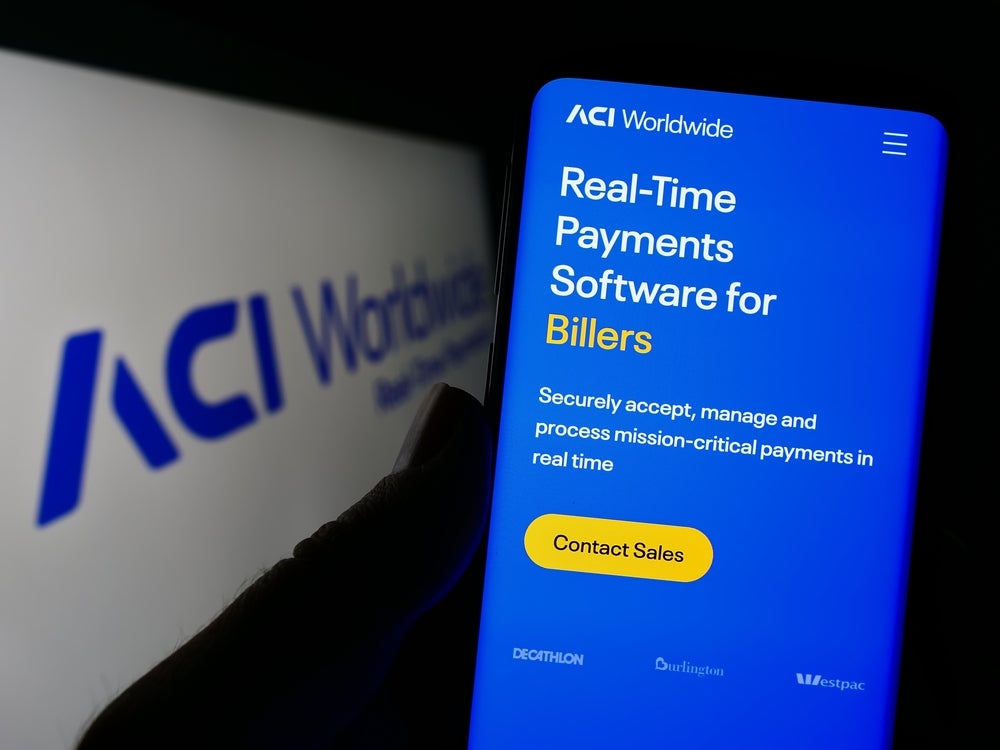Turkey’s payment card market remains highly competitive and attractive. Turkey has the highest card penetration among its peers, with Turkish citizens holding an average of nearly three cards.
This high penetration has been supported by rising banked and young populations, well-developed payment infrastructure, and the government’s vision of a cashless society by 2023. Consumers are increasingly embracing payment cardsfor day-to-day transactions: the number of card payments rose from 3.8 billion in 2015 to 6.5 billion in 2019 at a robust CAGR of 14%.
Growth in the payment card market in recent years has been characterised by the rise of contactless payments and the emergence of digital wallets; however, digital wallets still need to demonstrate greater benefits and convenience compared to payment cards.
The transition towards electronic payments is expected to continue over the period to 2023, with ongoing modernisation of the country’s payment infrastructure, the introduction of new alternative payment technologies, and e-commerce payment growth.

Government measures
Debit card penetration is high in Turkey, with every Turkish resident holding nearly two cards. This is supported by a rising banked population, which grew from 66.9% in 2015 to 70% in 2019.
How well do you really know your competitors?
Access the most comprehensive Company Profiles on the market, powered by GlobalData. Save hours of research. Gain competitive edge.

Thank you!
Your download email will arrive shortly
Not ready to buy yet? Download a free sample
We are confident about the unique quality of our Company Profiles. However, we want you to make the most beneficial decision for your business, so we offer a free sample that you can download by submitting the below form
By GlobalDataInstant card issuance has become widespread, with VakifBank and Halkbank offering this facility to their customers.
Despite high penetration, debit card use is mostly confined to ATM cash withdrawals rather than payments. However, with banks offering discounts and reward points on debit cards, Turkish individuals are gradually migrating from low-value cash payments to cards.
Credit card use
Credit card penetration in Turkey stands at 84.6 cards per 100 individuals, which is the highest among its peers. Turkish consumers are also prolific users of credit cards, with frequency of use for payments standing at 61.2 times per card per year – the third highest among its peers after Poland and Russia.
Credit card use for payments will be further accelerated by revised credit card regulations introduced in June 2019, according to which the number of monthly instalments on certain products was raised. Meanwhile, monthly minimum payments were reduced based on card limits.
Contactless adoption
Turkey was an early adopter of contactless technology in Europe, first issuing contactless cards in 2006.
Turkey has registered continuous growth in contactless card holding among consumers, with the number of contactless payment cards rising from 23 million in 2015 to 73 million in 2019 at a strong CAGR of 33.5%. This figure is anticipated to rise further to 130.4 million by 2023.
To encourage contactless payments, the Interbank Card Center increased the cap on contactless payments from TRY90 ($17.02) to $22.69 effective from August 1, 2019.
Internet penetration
E-commerce in Turkey rose from $4.70bn in 2015 to $14.80bn in 2019, a CAGR of 33.2%; this figure is set to reach TRY157.3bn in 2023. High online and smartphone penetration and increasing consumer confidence in online transactions drove the growth.
This has attracted international companies to the market. In August 2018, Alibaba acquired a majority stake in Turkish e-commerce company Trendyol at an enterprise value of $750m.
Following Alibaba’s entry into the Turkish e-commerce market, Amazon launched operations in September 2018, offering products in a variety of categories.
Payment infrastructure
To increase electronic card acceptance, all major banks offer POS and mobile POS solutions. For example, VakifBank offers a range of card payment acceptance solutions, including fixed, mobile and contactless POS.
In addition to conventional POS terminals, banks are also offering virtual POS terminals that enable merchants to accept card payments for online transactions.
Garanti Bank offers the Garanti Virtual POS, which helps merchants accept Visa, Mastercard, American Express and Diners Club credit cards for e-commerce purchases. Similarly, Ziraat Bank offers a virtual POS that supports all debit and credit cards.







